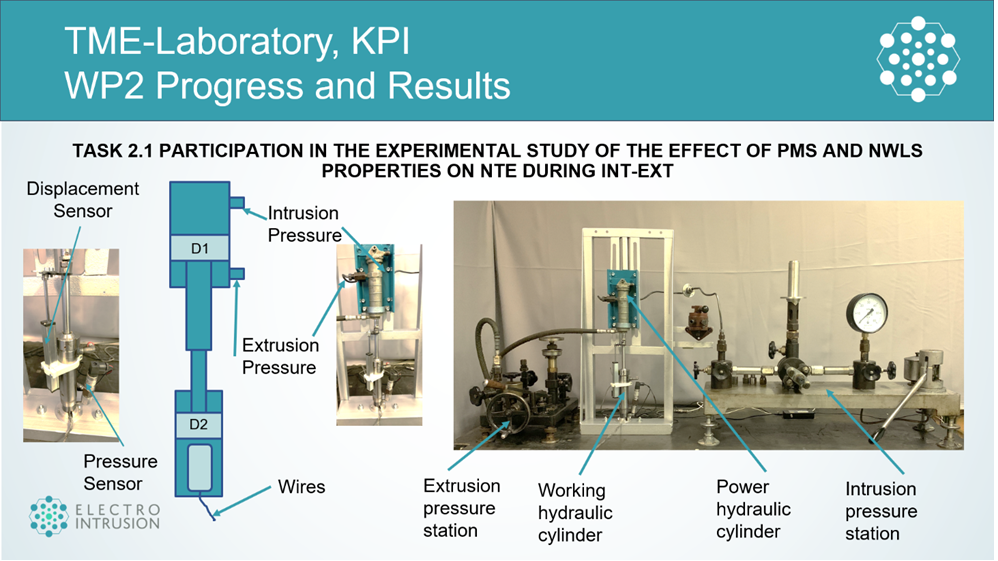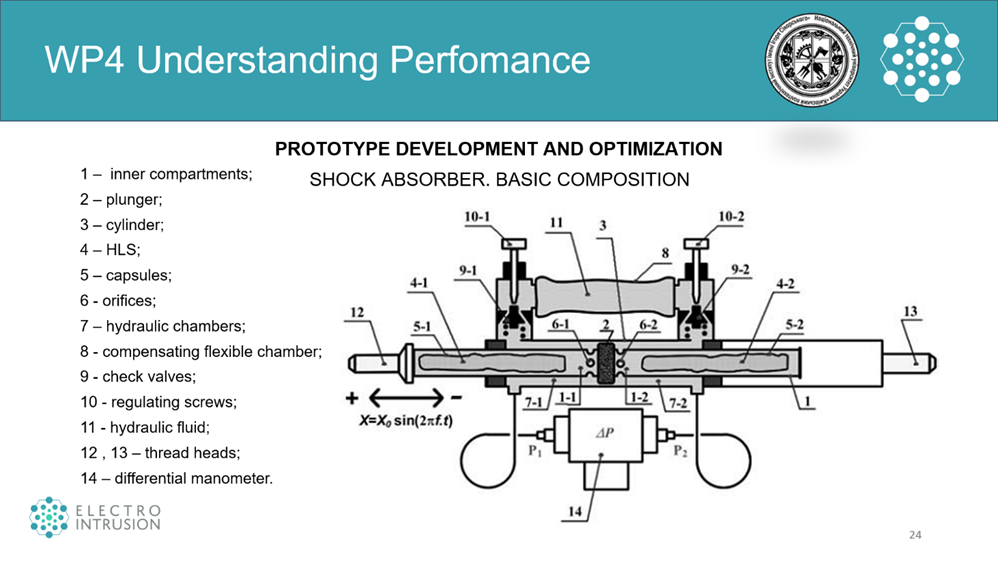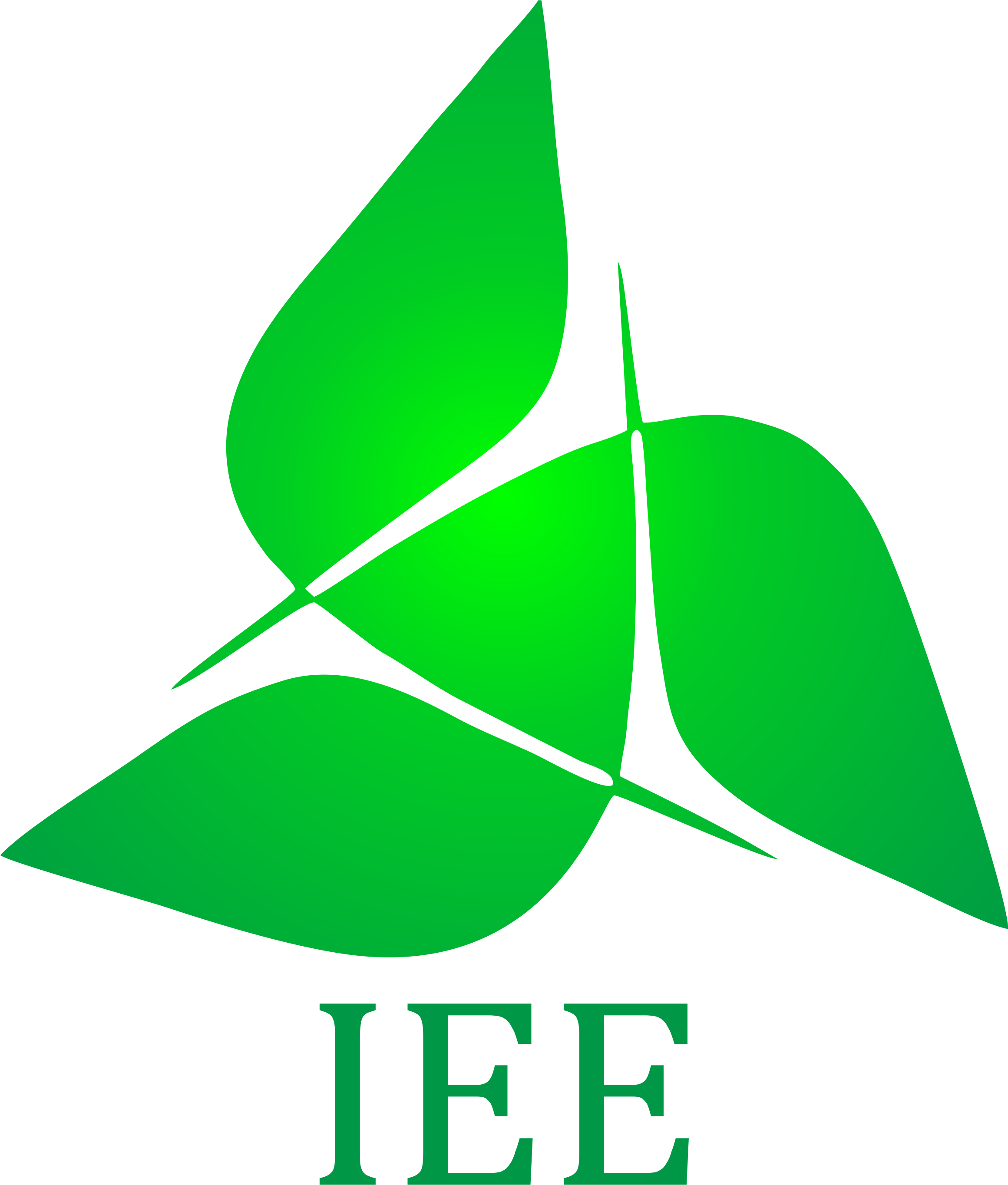Term of validity: 48 months. (4 years).
Grant amount for 4 years (for KPI): 359,000 euros.
According to the results of the competition H2020-FETPROACT-2018-2020 (FET Proactive – Boosting emerging technologies), the international consortium, which includes scientific teams from six European countries (Spain, Italy, Ukraine, Poland, Great Britain, Belgium), won a favorable decision and currently the signed Grant Agreement is being implemented. Ukraine in the consortium is represented by the Laboratory of Thermomolecular Energy (TME), NN IEE, KPI named after Ihor Sikorskyi, scientific supervisor – Ph.D., Assoc. Department of TAE NN IATE V.P.Studenets. To the composition of NN Lab. TME was joined by employees of IEE, Ph.D. V.M. Slidenko, Ph.D. L.K. Listovshchik, prov. Eng. V.S. Lesyk, as well as Eng. Klymenko T.Ya.
The essence of work.
Emissions of greenhouse gases, pollution and rational use of energy are civilizational problems that need to be solved urgently, in particular by converting large amounts of waste heat and unwanted vibrations into useful electricity. However, the low efficiency of existing conversion methods does not provide an attractive solution.
The paper proposes a new and highly efficient method and devices for the simultaneous conversion of mechanical and thermal energy into electricity using nanotriboelectrification during intrusion-extrusion of a non-wetting liquid into nanoporous solids. A consortium of multidisciplinary teams specializing in physics, chemistry, materials science, and engineering has been established to execute the project using state-of-the-art MD simulation, high-pressure calorimetry and dielectric spectroscopy, materials synthesis and characterization, and prototype development.
The proposed method can be used for energy harvesting in a wide range of technologies where vibration and heat become redundant (rail transport, aviation, household appliances, drilling, etc.). The final stage of the project involves the development of a regenerative damper-shock absorber and field testing to radically expand the maximum range of hybrid/electric vehicles.
Tasks and content of the project
1. Understanding the process of nanotriboelectrification in the intrusion-extrusion process and determining the key properties of porous materials and non-wetting liquids in order to maximize it.
2. Understanding the thermal effect of the intrusion-extrusion process and researching the key properties of porous materials and non-wetting fluids to maximize it.
3. Maximization of the mechano-electrical synergistic ratio by researching new combinations of porous materials and non-wetting liquids rationally chosen based on the results of the two previous tasks.
4. Designing a prototype capable of receiving electricity with the help of nanotriboelectrification.
5. Integration, testing and verification of regenerative nanotriboelectric shock absorber.
During 2022, on the basis of NN Lab. TME conducted the following scientific studies and obtained the following results:
• In 2022, the implementation of the international project under the HORIZON 2020 program continued. The KPI team, which includes employees of the TME Laboratory, is the leader in work package No. 4 of the project.
• According to the Grant Agreement of the project, employees of the TME Laboratory took part in the development and reproduction of an experimental electric stand with electric cells and in a series of experimental studies of electric effects arising during intrusion-extrusion processes in heterogeneous lyophobic systems as working bodies for the NTE shock absorber; the basic characteristics of the analog shock absorber were also obtained.
• Participated in the General Assembly of the project (М18) based on the half-year results of work 2022 p. (on-line participation) and at the Technical Meeting held at the University of Silesia, Katowice, Republic of Poland in September 2022 (on-line participation).
• According to the results of the work of the 1st stage of the project, which coincides with the calendar year 2021, on February 17, 2022, the work was defended as part of the entire Consortium before the official curators and experts of the European Union. The results of the work have been approved. • Work is currently underway according to the 2nd stage plan. Research is conducted within the framework of work packages: WP2, WP4, WP5.


